Literary theory differences in understanding the aesthetical narration of Quran
There are many different interpretations in the field of Quran Tafsir and many different schools of thoughts in Islamic sciences in general, that claim the “miraculous literary” structure of Quran. Holy Quran is absolutely a miracle in many ways, literature is one of them. However, if the narrative structure of Holy Quran is not explained to “modern-day reader”, they will fail to understand the “beauty in aesthetical narration of Quran”
First of all, if you take any English translation of Holy Quran and subject it to literary criticism of western standards, you might fail to comprehend the enormously intricate structure of Holy Quran. This is mostly because not just from the pitfalls of translation but also because western school of literary theories are based on “written culture” compared to “Arabic” culture of the 7th century were Holy Quran was first revealed.
It doesn’t, or perhaps we should say, it should not take rocket-science to understand the basic divisions of cultures on earth, which are either “oral” or “written” cultures as Walter Ong puts forwards in his book “Orality and Literacy”.
What is more important here is to understand the universality of Holy Quran.
If it was revealed as a “written book” in a written culture, perhaps in any western society, its norms and aesthetical classification would have changed over the centuries since written cultures are bound to changes in technology and affected by them.
However, Holy Quran has been revealed to Prophet Muhammad(saw) over a course of 23 years and he is the prime example of “the holy book” as if it is a living thing. Any western school of literary theory and criticism should take this into account when trying to understand the aesthetical narration of Quran.
As Turkish Scholar Suleyman Gezer mentions in his book “Quran from Oral culture to Written culture”, Quran is a book to be read and understood in the normative forms of “Oral culture”
Therefore, it is very insipid for a western reader trying to devalue the “literary miracle of Quran” by simply trying to comprehend it from western literary gaze, which emanates from a written culture.
There are many articles and works have been published to stress the beauty in Quran’s literary form and naturally, due to the Islamophobic climate of current decade many “literary theorist” try to debunk this claim nowadays. Where they fail is where they start: A book from a oral culture should not be read from the perspective of a written culture.
Which brings us to what Islamophobia is all about, insisting on one’s own perspective as if it is the absolute universal thought.
Only Allah(j.j) words are of the absolute universal thought and He chose to send his messengers from an oral culture. All kind of interpretations of The final truth, Holy Quran, should be made within this perspective.



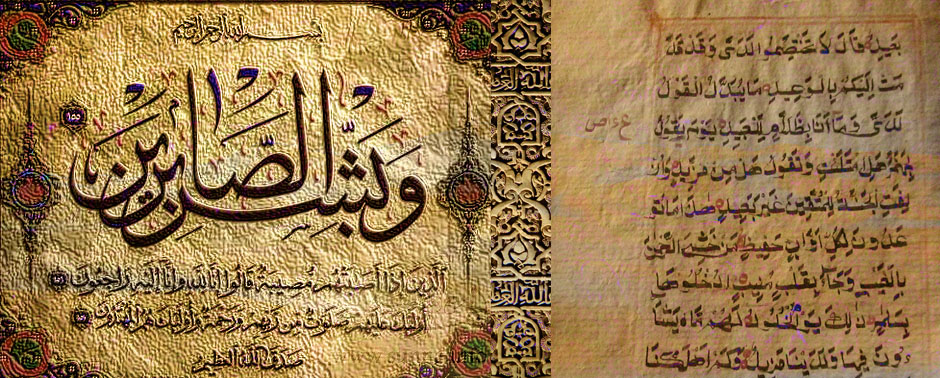
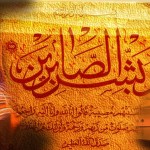
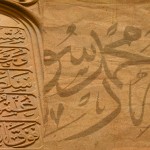
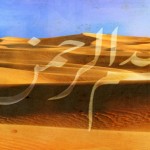
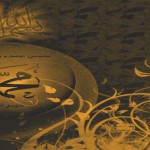
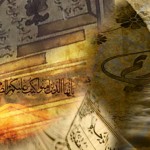
You must be logged in to post a comment Login